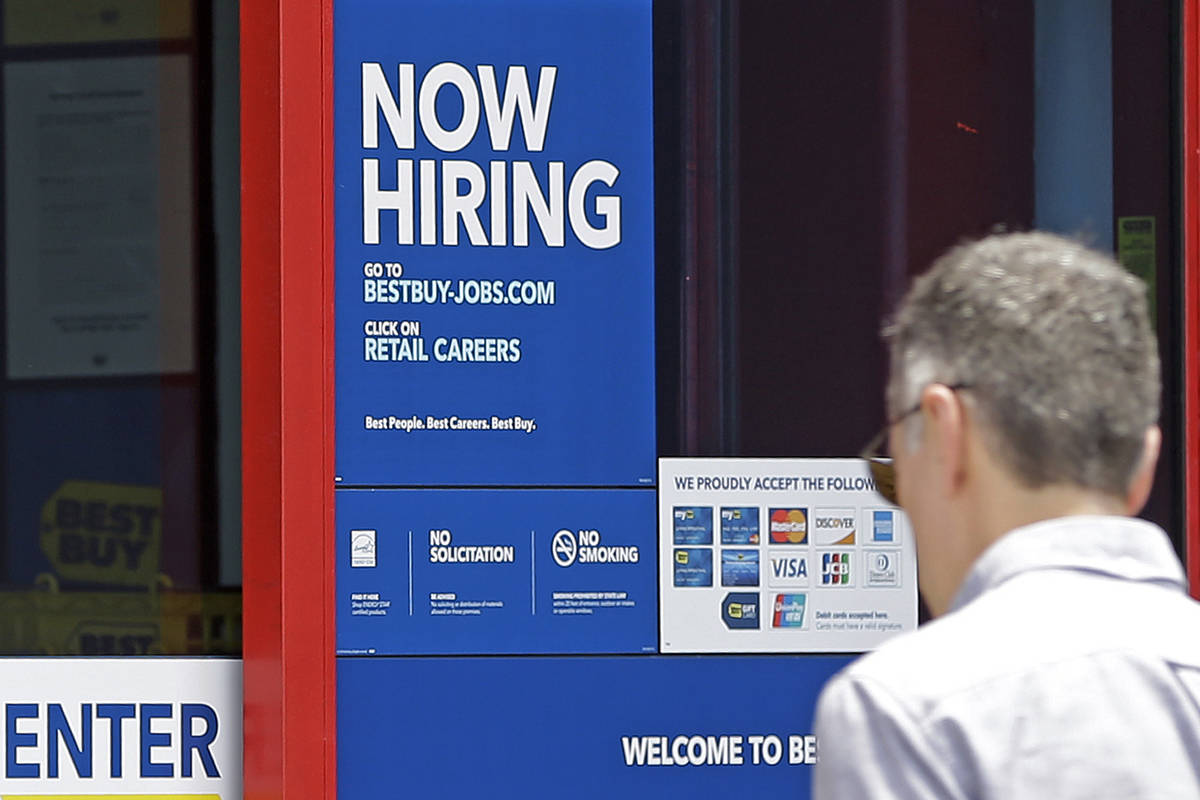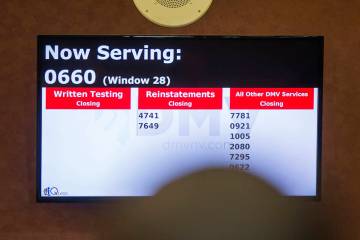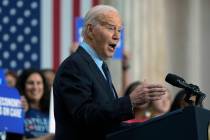EDITORIAL: CBO offers sober analysis on $15 minimum wage
President Joe Biden admitted late last week that he doubts the $15 federal minimum wage will be included in the next COVID stimulus bill. “I put it in,” he said, “but I don’t think it’s going to survive.”
That’s good news for now. In what bizarre corner of the progressive universe would it be considered pandemic “relief” to further pile new regulatory costs on thousands of businesses that are already struggling to keep their doors open?
Unfortunately, Mr. Biden’s conclusion seems more a matter of pragmatism than any sudden epiphany about the obvious economic ramifications of such a move. At least one Democrat — Sen. Joe Manchin of West Virginia — has publicly stated his opposition to doubling the federal wage floor at this time, meaning the proposal likely won’t gain enough backing in the upper chamber even if Democrats can manipulate the rules to ensure it needs only 51 votes for passage.
It didn’t help matters for Mr. Biden when the Congressional Budget Office released a report this week finding that gradually raising the national minimum wage to $15 would be a job killer. Some Americans would indeed benefit, the report noted, but another 1.4 million workers would lose their jobs over four years. Who knew?
“While many Americans would see raises,” The Wall Street Journal reported Tuesday, “the analysis showed a minimum wage increase would cause prices to rise, the federal budget deficit to widen and overall economic output to slightly decrease over the next decade.”
In addition, a Journal editorial noted that those sent to the unemployment line, according to the CBO, “would be disproportionately younger and less educated.” That creates additional long-term problems by making it more difficult for many teenagers and young adults to acquire the skills necessary to advance in the workforce.
The Democratic retort to small-business owners who worry that quickly doubling the wage floor will threaten their survival amounts to a modern-day version of let them eat cake: “If a business can’t afford a wage increase that would allow its workers to make ends meet,” Bryce Cover wrote in The New Republic in 2019, “then maybe that business shouldn’t exist.” That could be the foundation for quite an economic platform.
In reality, not every job exists to sustain a family of four. The Bureau of Labor Statistics reported in 2017 that just 1 percent of full-time hourly employees made the federal minimum and the majority of all minimum wage earners — 52 percent — were under the age of 25.
Mr. Biden said he’ll push for a stand-alone minimum wage bill if the proposal is dropped from the COVID package. The only remaining question: How many job losses will the president accept in order to appease his Big Labor benefactors?






















